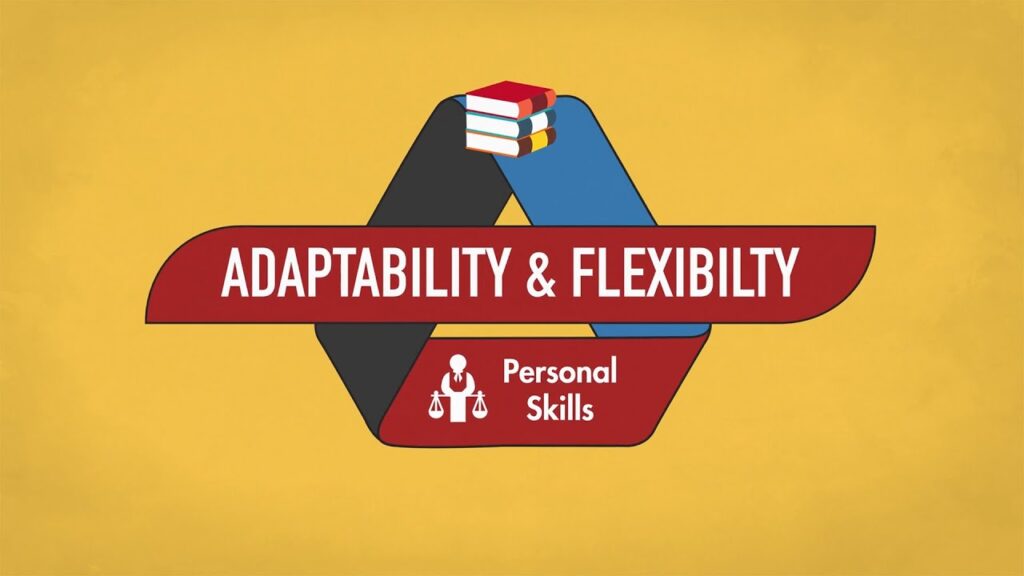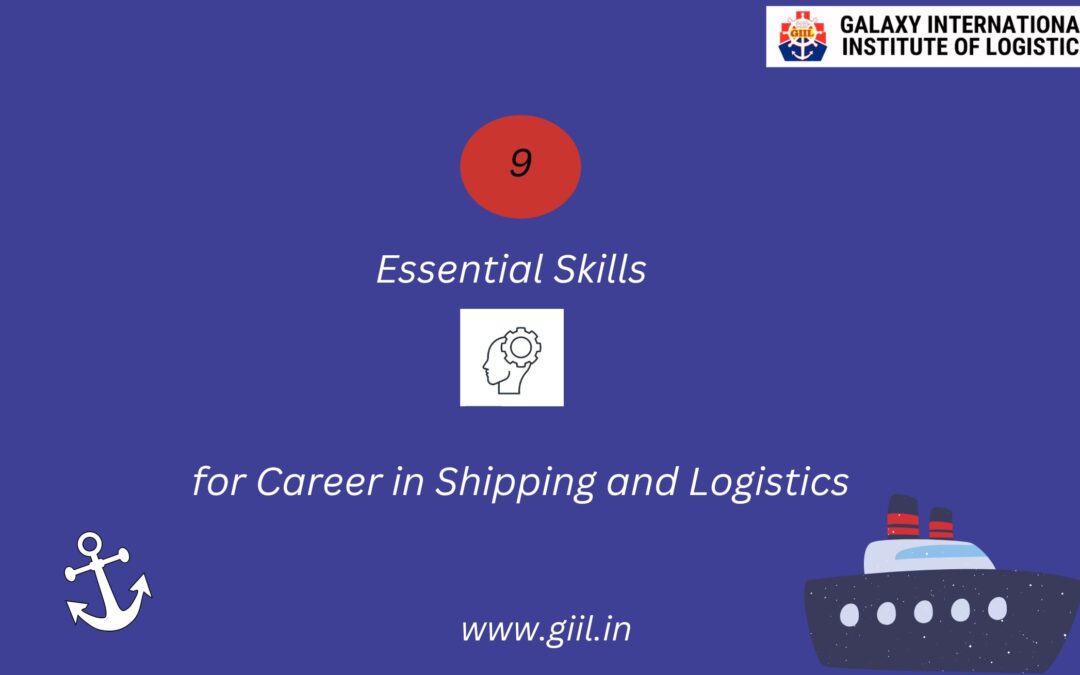The shipping and logistics industry is a vital component of global trade, responsible for the movement of goods across borders and oceans. To thrive in this dynamic field, professionals need a blend of technical knowledge, practical skills, and personal attributes. Here, we explore the essential skills required for a successful career in shipping and logistics.
1. Understanding of Supply Chain Management
A deep understanding of supply chain management is fundamental in shipping and logistics. Professionals must know how to oversee and optimize the entire supply chain, from sourcing raw materials to delivering the final product. This includes knowledge of logistics management, procurement, transportation, warehousing, and distribution.

2. Technical Proficiency
Today’s logistics industry heavily relies on technology. Familiarity with logistics software, transportation management systems (TMS), warehouse management systems (WMS), and enterprise resource planning (ERP) systems is crucial. These tools help streamline operations, improve efficiency, and reduce costs.

3. Analytical and Problem-Solving Skills
Shipping and logistics professionals often encounter complex challenges that require quick and effective solutions. Strong analytical skills enable them to assess situations, identify problems, and develop strategic solutions. This also involves the ability to analyze data and trends to make informed decisions.

4. Communication Skills
Effective communication is key in logistics, as it involves coordinating with various stakeholders, including suppliers, customers, and transportation providers. Clear and concise communication helps ensure that everyone is on the same page, reducing the risk of misunderstandings and delays.

5. Attention to Detail
In logistics, even minor errors can lead to significant issues. Attention to detail is essential for ensuring accuracy in inventory management, shipment tracking, and documentation. Professionals must be meticulous in their work to avoid costly mistakes.

6. Adaptability and Flexibility
The logistics industry is dynamic and often unpredictable. Professionals need to be adaptable and flexible, able to adjust to changing circumstances, and find alternative solutions when faced with disruptions such as delays, weather conditions, or supply chain bottlenecks.

7. Customer Service Orientation
A strong customer service orientation ensures that clients’ needs are met and expectations are exceeded. Logistics professionals must be able to handle inquiries, resolve complaints, and maintain positive relationships with customers, ensuring a high level of service and satisfaction.

8. Project Management Skills
Managing logistics operations often involves overseeing multiple projects simultaneously. Effective project management skills, including planning, execution, and monitoring, are essential for keeping projects on track and within budget.

9. Teamwork and Collaboration
Logistics operations require close collaboration with various teams and departments. Professionals must be able to work well in a team, fostering a collaborative environment to achieve common goals.

Conclusion
A successful career in shipping and logistics requires a diverse set of skills, combining technical knowledge with practical abilities and personal attributes. By developing these essential skills, professionals can navigate the complexities of the industry and contribute to the efficient and effective movement of goods around the world.
At GIIL, we are committed to equipping our students with these critical skills through our comprehensive programs. Whether you are pursuing an MBA, BBA, or a diploma in shipping and logistics, our courses are designed to prepare you for a rewarding career in this vital industry.


Useful for improving Knowledge